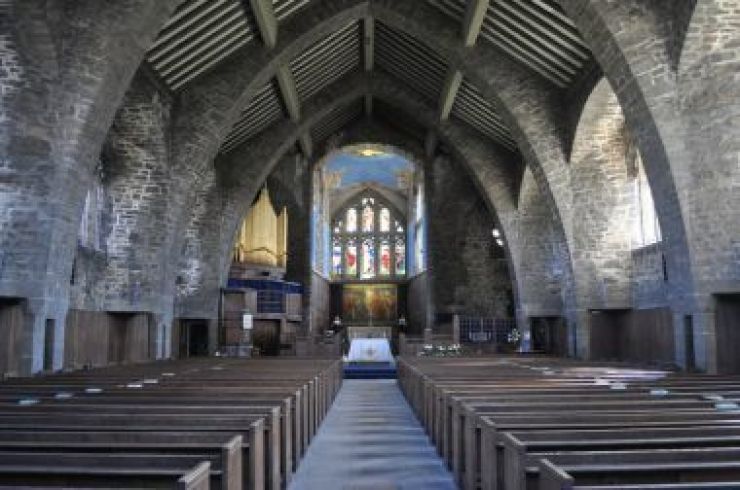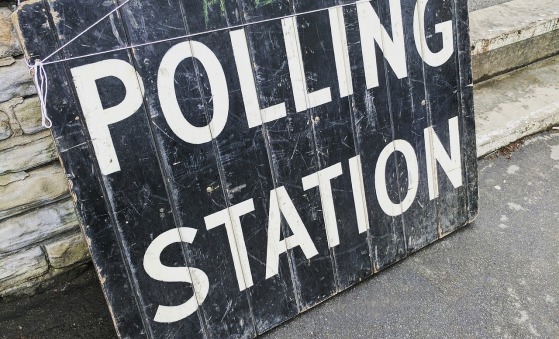
BBC News presenter Huw Edwards has spoken of his heartache over precious pipe organs and other treasures being discarded as churches and chapels close across the UK.
Writing in the 2021 Annual Review of the National Churches Trust, of which he is Vice-President, Edwards said church pipe organs were the "favourite targets for vandals".
"And even when they're not vandalised, most are left to rot and fall apart. They are seen as worthless boxes of pipes, relics of a despised age when organised worship was central to the life of the community," he said.
Others, he wrote, had been the victim of disused church and chapel demolitions, like the chapel in Llanelli, Wales, where he learned to play the organ as a teenager.
He told of its demolition in 1998 "complete with a lovely two-manual Nicholson pipe organ and the minister's excellent library – without the slightest note of concern from local authorities".
Only a few items were salvaged, including a bilingual New Testament used for Communion services, which Edwards keeps in his possession.
"But the place was bulldozed with little thought given to the treasures within. This is a horribly familiar story," Edwards said.
He goes on to warn that the situation is only worsening as more churches close.
"The installation of high-quality organs in villages, towns and cities throughout Britain is truly one of Britain's cultural glories," he said.
"For some years, this rich heritage has been casually thrown away as places of worship close and the contents are stripped for cash.
"That process has now gathered momentum as the rate of closure of chapels and churches has soared."
He called for a national strategy that would see organs safeguarded for future generations.
"This is a vitally important part of our cultural story. These church and chapel organs are a direct link with previous generations – our ancestors – whose cultural values and priorities are reflected in the buildings they funded," he said.
"A strategy – probably on a devolved basis given the cultural responsibilities – would at least safeguard the organs in a state of decay right now, making some of them available for future generations to enjoy.
"A pipe dream? Maybe. But the time to act is now, before we lose so much more."




